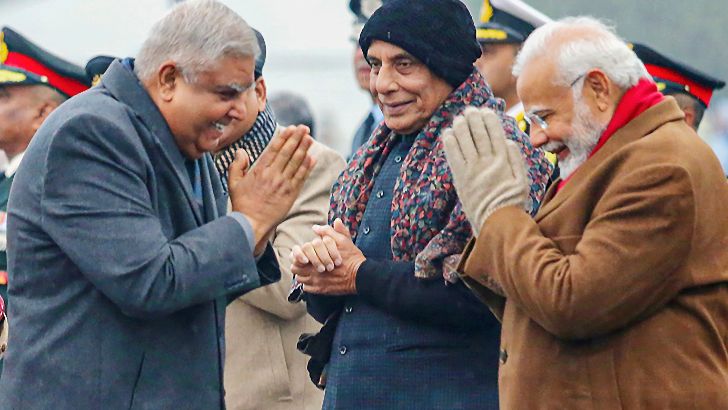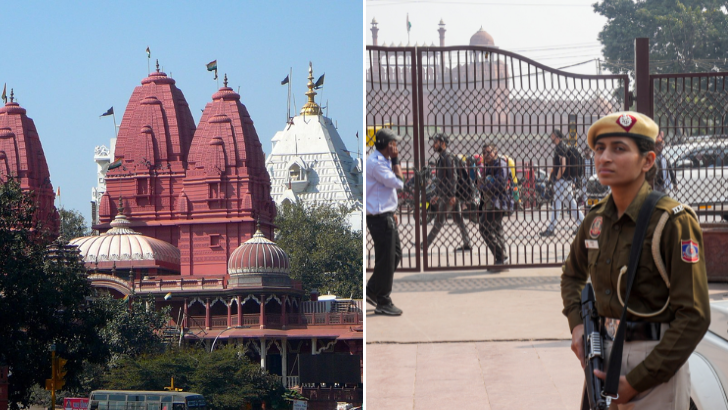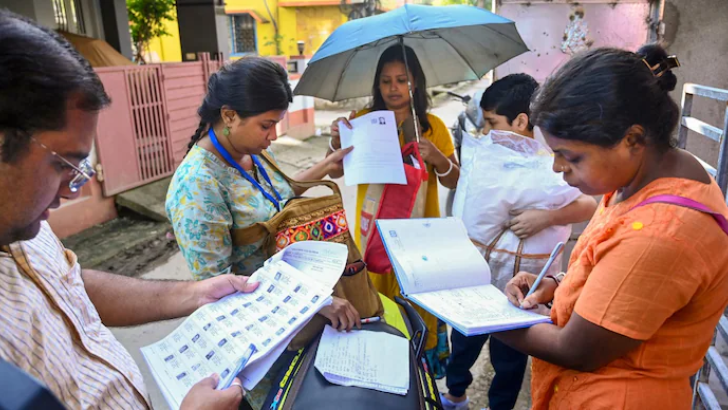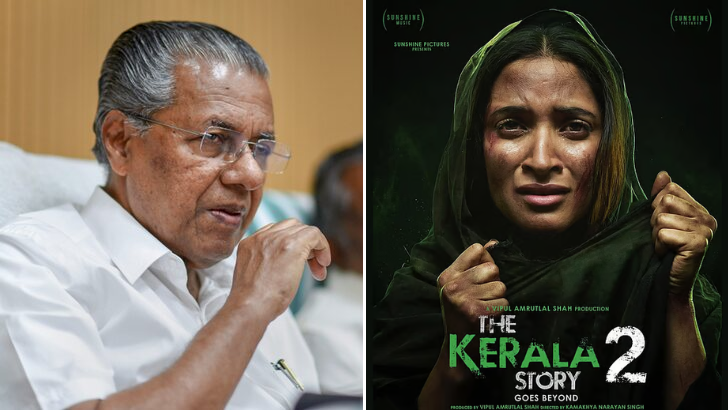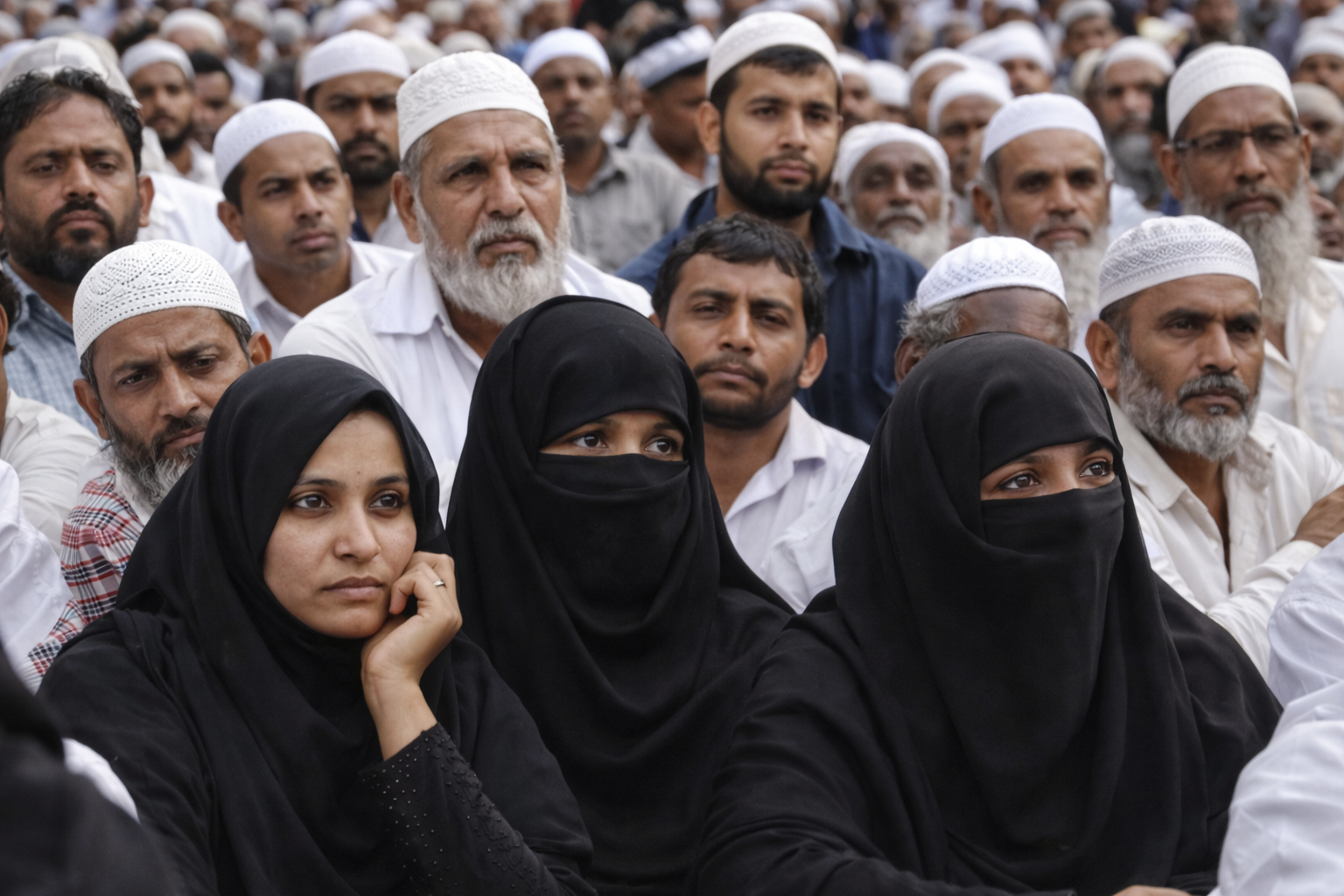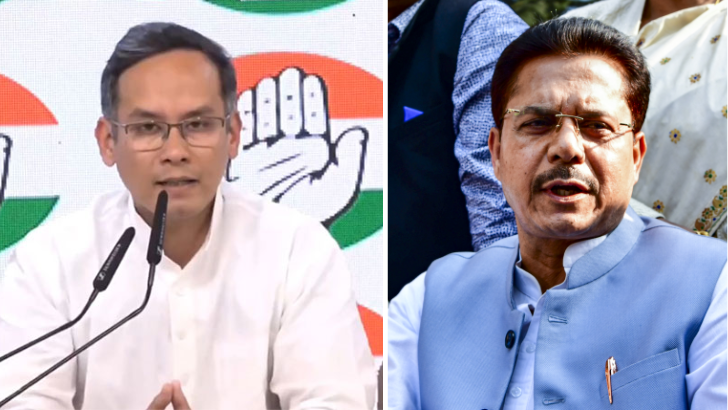Polls to elect next vice president to be held 'as soon as possible'
The vice president is the second highest constitutional office in the country.
PTI
-
Dhankhar 3rd vice president to quit mid-term
New Delhi, 22 July
With Jagdeep Dhankhar quitting as the vice president, the election to
appoint his successor will have to be held "as soon as possible".
According to Clause 2 of Article 68 of the Constitution, an election to
fill a vacancy in the office of the vice president occurring due to his death,
resignation or removal, or otherwise will be held "as soon as
possible" after it becomes vacant.
The person elected to fill the vacancy will be entitled to hold office
"for the full term of five years from the date on which he enters upon his
office".
The Constitution is silent on who performs the duties of the vice president in case of his death or resignation before the expiry of his term, or
when the vice president acts as the President of India.
The vice president is the second highest constitutional office in the
country. He serves for a five-year term, but can continue to be in office,
irrespective of the expiry of the term, until the successor assumes office.
The only provision in the Constitution is with regard to the vice
president's function as the chairperson of the Rajya Sabha, which is performed,
during the period of such vacancy, by the deputy chairperson or any other
member of the Rajya Sabha authorised by the President of India.
The vice president may vacate his office by submitting his resignation
to the President. The resignation becomes effective from the day it is
accepted.
The vice president is the ex-officio chairperson (holding the office of
the Rajya Sabha chairperson by virtue of being the vice president) of the Rajya
Sabha and does not hold any other office of profit.
During any period when the vice president acts as, or discharges the
functions of the President, he does not perform the duties of the office of the
chairperson of the Rajya Sabha and is not entitled to any salary or allowances
payable to the chairperson of the Upper House.
According to Article 66 of the Constitution, the vice president is
elected by the members of the Electoral College consisting of the members of
both Houses of Parliament in accordance with the system of proportional
representation by means of the single transferable vote.
A person cannot be elected as vice president unless he is a citizen of
India, has completed the age of 35, and is qualified for election as a member
of the Rajya Sabha.
A person is not eligible if he holds any office of profit under the
Government of India, a state government, or any subordinate local authority.
Leave a Reply
Your email address will not be published. Required fields are marked *








